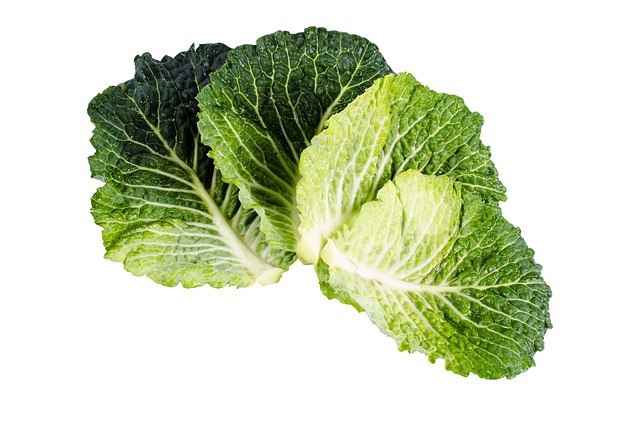Foods That Are More Effective Than Multivitamin Supplements
When you are trying to have a healthy lifestyle, you cannot ignore the importance of vitamins. But it may be a lot easier to take some supplements instead of paying attention to your meals. However, keep in mind that vitamins and minerals taken from natural sources are more easily absorbed by your body as compared to those taken from supplements. This is the main reason for choosing to eat foods that are rich in vitamins, rather than taking multivitamin supplements.

But don’t worry about the hours of research to find out what you should eat daily in order to reach the daily intake of vitamins. We’ve done this for you. Here are some foods that are more powerful than any vitamin supplements.
- Liver
Have you ever thought of liver as the most nutritious part of an animal? Well, it is. Liver contains a multitude of vitamin, minerals and other nutrients. For example, a meal containing 100 grams of liver has 1200% of the RDI of vitamin B12, 700% of the RDI of vitamin A, and 600% of the RDI of copper. Besides these, liver also contains high amounts of folic acid, pantothenic acid, vitamin B6, vitamin E, vitamin C, iron, zinc, magnesium, potassium, calcium, phosphorus, niacin, and biotin.
In fact, liver has much higher amounts of these nutrients as compared to red meat and even some vegetables and fruits. But people are still not that eager when it comes to eating liver. Why is that? Because the liver is part of the detoxifying system of the body, it gets into contact with a lot of toxins. But it is very important to know that the liver does not store all these toxins. The toxins that cannot be eliminated are deposited in the fat tissue, not in the liver.
- Sardines
One of the greatest advantages of sardines is the fact that they are a wonderful source of omega-3 fatty acids. This kind of fats lower the cholesterol and the triglycerides levels and help your heart remain healthy. A can of sardines contains 60% of the RDI of omega-3 fatty acids. But sardines are also an excellent source of vitamin B12 (340% of the DRI per can), selenium, phosphorus, vitamin D, vitamin B3, vitamin B2, calcium, copper, and iodine.
- Kale
Kale is proved to be one of the most nutrient dense foods in the whole world. This is because kale is very low in calories but very high in nutrients. The plant is one of the best natural sources of vitamin K, which has the role to help the blood to clot and to prevent hemorrhages. A cup of kale contains 680% of the RDI of vitamin K. Other precious nutrients found in kale are vitamin A, vitamin C, vitamin B6, calcium, manganese, copper, potassium, iron, phosphorus, zinc, and magnesium. Moreover, kale contains dietary fiber and even protein. You don’t have to worry about fats – it is very low in fat and the little fat it contains is a healthy one, namely omega-3 fat.



